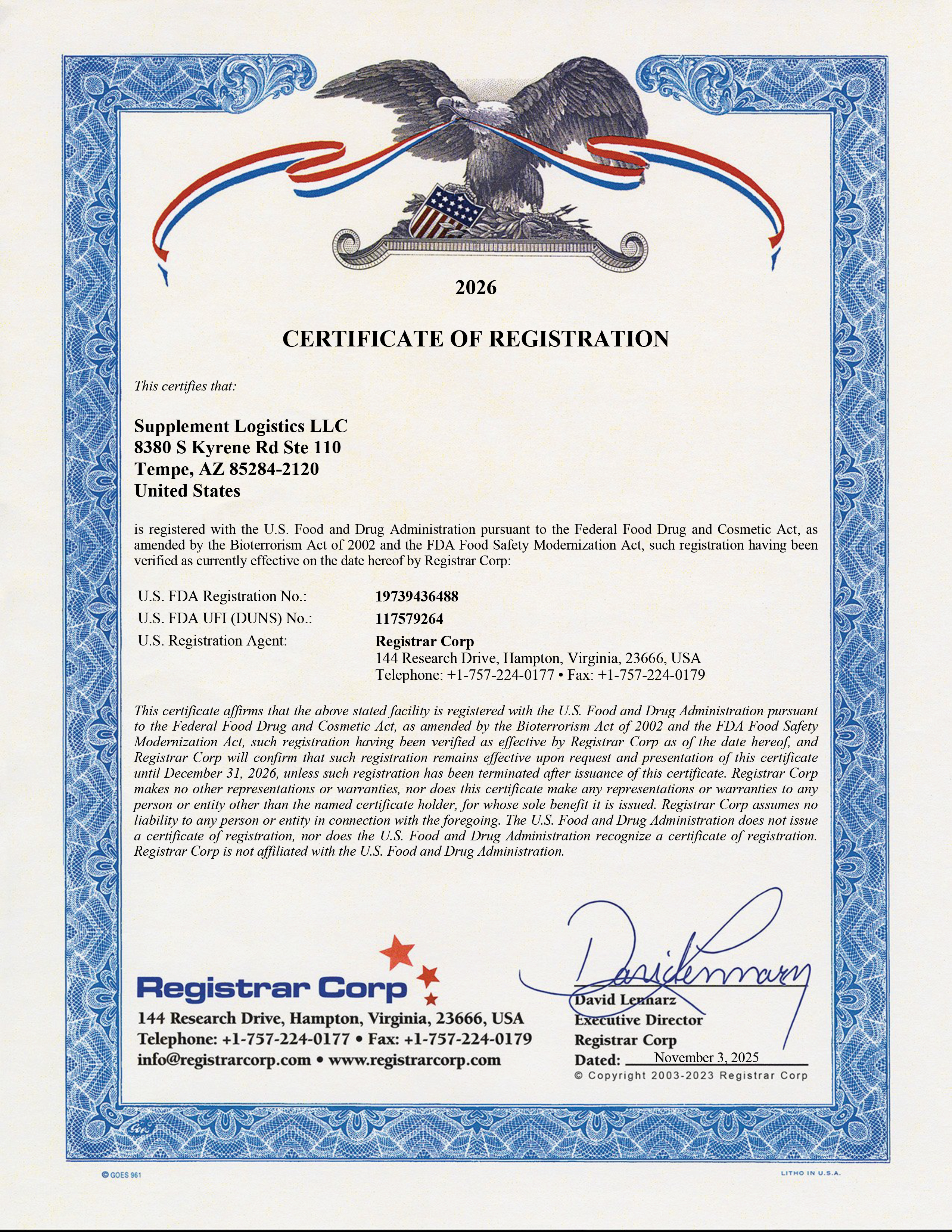







Schisandra Chinensia Powder
Your order will be shipped tomorrow
What is Schisandra Chinensis?
Schisandra chinensis is a woody vine with broad leaves that can grow as high as 8 meters and bears yellowish-white and pinkish flowers and produces small dark red fruits. Schisandra chinensis is often referred to as Chinese Magnolia Vine and the fruits (known as fructus schisandrae or fructae) are used in Traditional Chinese and Russian practices for respiratory health and supporting energy.
Benefits of Schisandra Chinensis
- May help support healthy stress levels*
- May help promote respiratory health*
- May help support cognitive function*
What is Schisandra Used For?
Schisandra has been used in traditional Chinese practices for lung, liver, and nervous system health but currently there are only a handful of clinical trials that support these uses. The Schisandra fruit has been historically used to promote healthy stress levels.
The fruits are sometimes referred to as the Wuweizi (Five flavored berry) because it is known to have bitter, sweet, sour, astringent, and salty flavors. The salty and sour tastes were thought to have positive effects on the liver while the astringent and bitter profiles were believed to be good for the lungs and heart while the sweet flavor was good for the stomach.
What Does Schisandra Do?
Schisandra extract has been shown in some studies to promote healthy stress levels but these studies have only been conducted with subjects under conditions of stress. Because of this, Schisandra is often considered an adaptogen supplement. This was able to be measured from the decrease in corticosterones and notable regulation of stress. Schisandra also seems to demonstrate acetylcholine esterase inhibition which is believed to promote cognitive function.
The consumption of Schisandra chinensis fruits has been associated with inhibiting acetylcholinesterase (increasing acetylcholine levels) and also can enhance cholinergic signaling.In vivo research on humans found that taking a Schisandra supplement daily supported cardiovascular health in healthy individuals with slightly hindered blood flow.
A study on mice found that Schisandra taken orally was able to limit the spikes in cortisol. This has been replicated in a human study that also found notable increases in cognition and attention. However, it was noted that without prior stress, the consumption of Schisandra at 25-100mg/kg promoted sleepfulness in rats. Conclusively, this supports the claim that Schisandra behaves as an adaptogen that promotes healthy stress levels.
Is This Schisandra Chinensis Extract Standardized to Schisandrins?
Yes, this Schisandra chinensis Extract contains a minimum of 3% Schisandrins.
Schisandra Chinensis Dosage
As a dietary supplement, take 250mg of Schisandra chinensis Extract 1-2 times daily.
Schisandra Reviews
To gain more insight, see the Schisandra chinensis reviews and experiences below.
Where to Buy Schisandra Chinensis Extract Powder
Nootropics Depot offers 30 or 60 gram jars of high quality Schisandra chinensis. Nootropics Depot’s Schisandra chinensis has been lab-tested and verified for both product purity and identity.
| *Attention: These statements have not been evaluated by the Food and Drug Administration. This product is not intended to diagnose, treat, cure, or prevent any disease. |
Lab Testing Results / Certificate of Analysis (COA)
Trust Through Transparency
Your health matters, which is why we only use the best 3rd party ISO accredited labs and cGMP certified and FDA registered facilities right here in the USA
Learn more

















